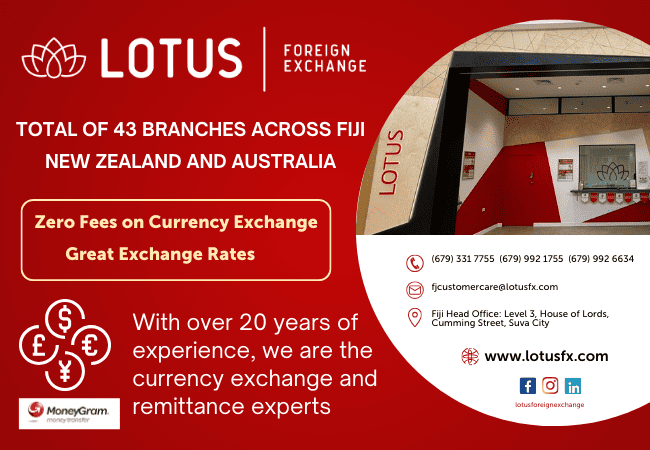By Samisoni Pareti and Samantha Magick
Kokomana is a small artisan ‘tree-to-bar’ chocolate maker and social enterprise run by Richard and Anne Markham in Savusavu, northern Fiji.
The operation produces about 100 bars of high-quality chocolate bars—almost entirely by hand—each week, using cocoa beans from communities, particularly around Natewa Bay (including from Ana and Manoa Raika of Naweni, who have been awarded at Paris’ Salon Du Chocolat). Kokomana also runs tours of its operations and grows its own beans.
The Markhams and their team are taking an agroforestry approach to their crop.
“We’re very concerned about the impact of agricultural production especially cash crops on the environment,” Richard says. “It’s a fragile environment here, and every time there’s a boom in production of, whether it’s dalo or ginger or vanilla or kava, communities tend to go out and find nice old growth forests with fertile soil and cut it down, and you get one cycle of production and then the topsoil is washed away, it pollutes the reef and so on.”
“You can’t grow rice or sugar in an agroforestry system but many of these high value crops, cocoa, coffee, vanilla, even kava itself, grow really (well) in this kind of agroforestry system. It reduces dependence on one commodity, if everybody grows kava, then the price collapses, if everybody grows vanilla, the price at the moment is pretty buoyant but it will collapse as well, you know, we say that the price of vanilla at the moment is between F$4,000 a kilo but it will collapse. Once Madagascar comes back into production, it will collapse back down to $50 a kilo. So, what this does from a business point of view, you grow different things, you have a bit of a safety net.”
“When we’re managing the farm, there’s an awful lot of emphasis on conservation of soil fertility, recycling nutrients into the soil,” Richard says.
Kokomana also offers farm tours tailored to the interests of visitors; so while they will include demonstrations of chocolate processing, they can also include trees, birds, butterflies and insects.
Visits have dropped dramatically since borders closed, and Kokomana has responded by reducing prices and adjusting their product for locals.
“It’s quite interesting that, now that we’re getting more domestic tourism, how many people come to us and say ‘oh yeah, when I was a kid, my grandfather grew cocoa or my father grew cocoa, I used to work on the farm, split the pots and things’ but for them, you know, it’s the first time they’ve seen the rest of the process, how it goes through, how it makes chocolate and people are pretty excited about that,” Richard says.
Richard previously worked as a production agronomist and believes there needs to be greater focus on market chains “to take the thing from farm gate to processes, manufacturers and the market,” rather than just on the production side.
“It says in our business plan, sustainable livelihood for our employees, and a good income for our suppliers. You know, we try to pay a good, fair price. One of the reasons that cocoa hasn’t really taken off industrially here is that, for the commodity export market, they’ve been paying about the same price for more than 10 years, they’ve been paying about USD 2,000 a ton for about 10 years, and you think how other costs are gone up in 10 years.
“So, what we’re saying is, we already pay more than twice that farm gate price, you know, and we can afford to do that because we’re making a high-value product, and we have what you call a short market chain. But what we hope is that if producers here in northern division learn how to produce really high-quality beans suitable for making handmade chocolate. Then, we can link them up with— still small-scale but bigger than us— in Australia and New Zealand, even in San Francisco, there’s growing interest. Vanuatu is already doing it.”
This article was first published in Islands Business in March 2021.

